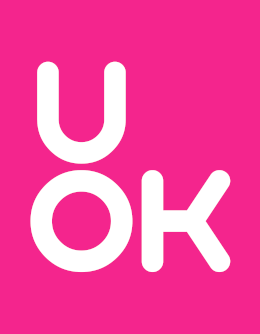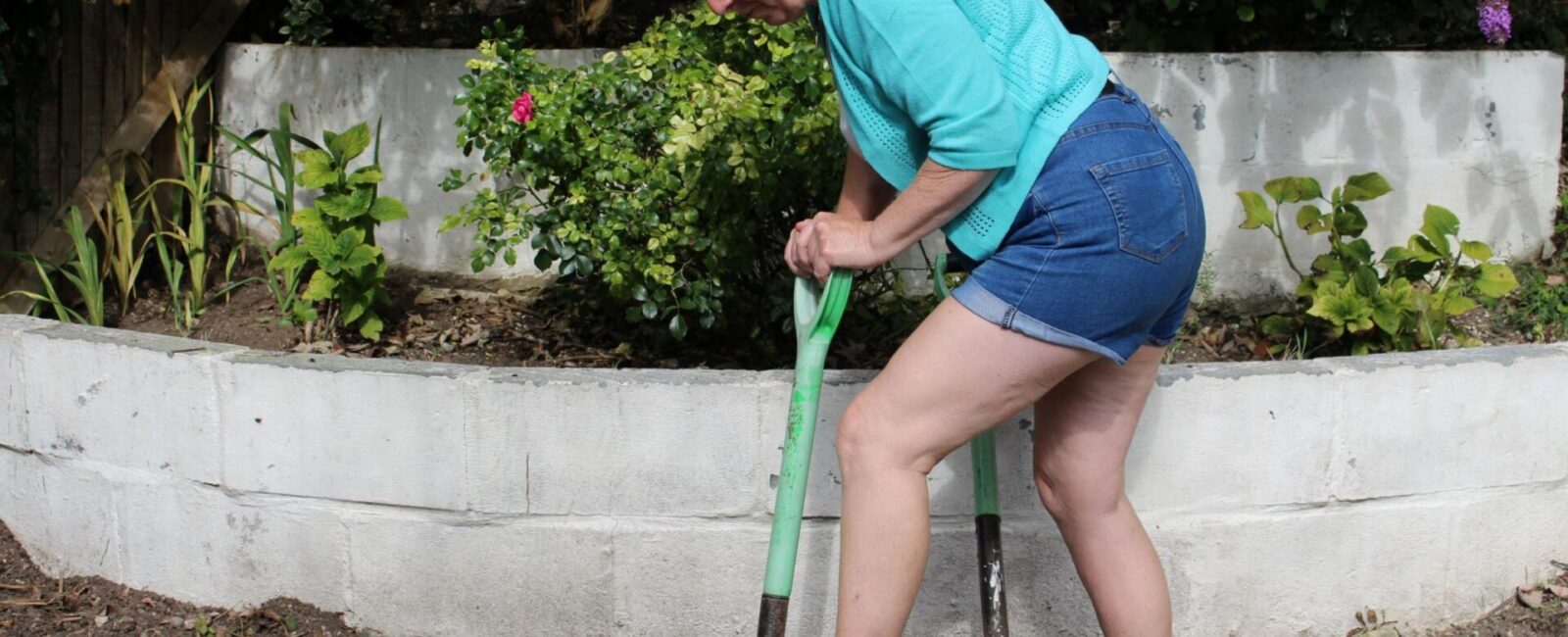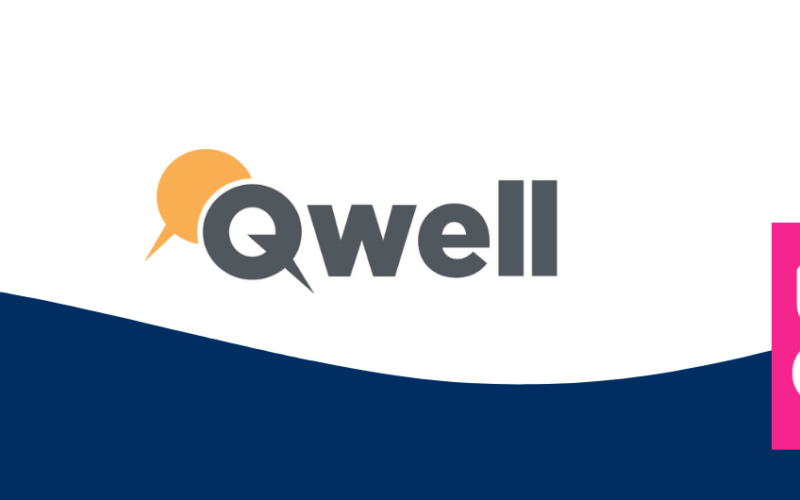In my role as a Buddy I help support students to engage in workshops and courses provided by the Recovery College.
What I do can vary according to the needs of each student. I meet some students outside the building and help them have their voice heard in the classroom if they are too anxious to speak up and engage in groups. Some students need help and support completing forms. For some it is about knowing someone is there. In essence I’m a friend who’s with them, supporting and encouraging them.
It is very important to have Buddies at the Recovery College to help enable more students to take part and lead in their own mental health recovery. From my own experience, recovery increases when you actively participate with others. It’s about engaging with others, sharing experiences, and learning from each other.
I became a Buddy in January 2019 because I wanted to help support others in their own recovery journeys. I had been a volunteer with another charity helping on reception but realised I didn’t feel fulfilled. I had participated in a workshop at the college and learnt about the Buddy Scheme and it just felt right. I had previously suffered with depression and anxiety and I knew the difference it made for someone to meet me at the door and take me into an unknown building. I wanted to be that support for someone else.
The best thing about being a Buddy is watching a student grow in confidence and self-esteem over the weeks. I was supporting a student earlier in the year who found it difficult to make eye contact and was very anxious. They were unable to complete forms themselves and did not engage in group discussions. We worked together and agreed where I could help them to speak to make sure their voice was heard. On the last session they were so much more confident that they engaged with the group themselves and offered their own opinions!
Since the pandemic my role has changed. I normally meet students face-to-face, but this term I’ve been supporting students and the college online. It has meant I have got to try different things like co-hosting webinars and writing articles for the newsletters. The role has been more about looking at all the different ways we can support students – and not just relying on Zoom.
There are lots of different ways a student can feel supported. For example, a student may read this story or try one of the recipes I have shared in the newsletter and it might brighten up their day or help them to attend the college.
During the summer term, I attended Buddy team meetings and provided peer support to colleagues. I have attended the online quizzes to support with student engagement and helped develop courses by attending a practice session to see how the experience would be for a student. I co-hosted a webinar about involvement and volunteering at the Recovery College Festival and I have helped write articles for the college and central volunteer newsletter. Oh and I have done this interview!
From my own perspective, not having face-to-face contact with others and the courses which help maintain my wellbeing, has had a negative impact.
The first four or five weeks of lockdown, I was overwhelmed, feeling very frightened and vulnerable and on my own. I struggled not being able to go out and socialise. I would only go out for a walk around The Level at 7am or 8pm.
During one bank holiday weekend, I decided to have a go at my neglected communal garden. Because of the lockdown, the gardeners weren’t coming. My first project was painting the shed. That really uplifted me! Then I tackled the weeds and I made discoveries in the garden.
I don’t think I’ve ever spent so much time outdoors and in the sun. I start gardening from 6am for a couple of hours and then spend an hour eating my breakfast outside with the neighbour’s cat, watching the birds. I’ve also eaten some meals outside!
The pace of my life has slowed. I’m nurturing things and I’m growing things. I would say it’s supported my mental health tremendously. I’ve discovered mindfulness.
When I was bringing up a family and working I didn’t have the time to focus on gardening but it’s brought up so much passion for me. I’ve just been accepted onto a City and Guilds horticulture course which starts at the end of September!
Things have started to fall into place. I’m aware that the more I am open to new things for my recovery, the more things come my way. That’s certainly what happened for me since I joined the Recovery College.
I’m grateful that despite the pandemic, I have access to the college and can stay connected to groups. I think being online is very different to working face-to-face. Connecting through Zoom is helpful because I can see familiar faces – it was so heart-warming when I first saw them on screen.
However I do struggle with Zoom and find it exhausting. It’s really good to recognise that it depends on the individual and their own choices – I know others who enjoy and feel more connected through Zoom because they can feel safe in the comfort of their own home and participate and engage in groups and learning. One student says she found a sense of freedom through it. It’s been a great help for her.
If you’re new to the college and anxious about starting, know that classes are small, staff are friendly and supportive, and you can ask for the support of a Buddy.
Attending a course at the Recovery College will help to change your life for the better. I’ve witnessed this for myself and for other students. For some, it has a big impact straightaway, for others it plants a seed.
Delivered as a partnership with the Sussex Partnership NHS Foundation Trust, the Brighton and Hove Recovery College uses education in a supportive learning environment to help people with mental health challenges become experts in their own self-care and recovery. The College provides a wide range of courses which are co-produced and co-delivered by people with lived experience of mental health challenges. As a response to Covid-19, we are taking our Autumn Term online.


